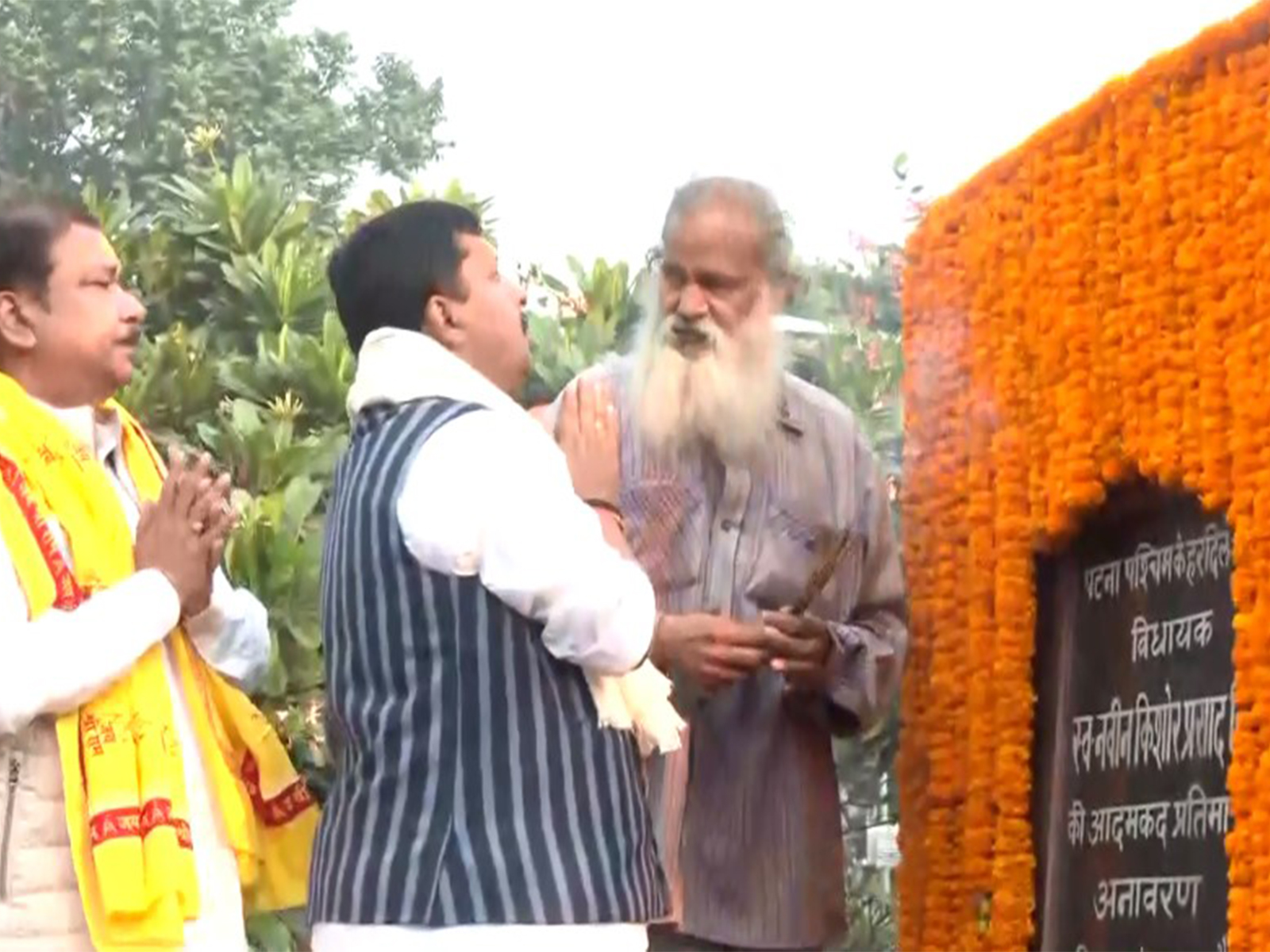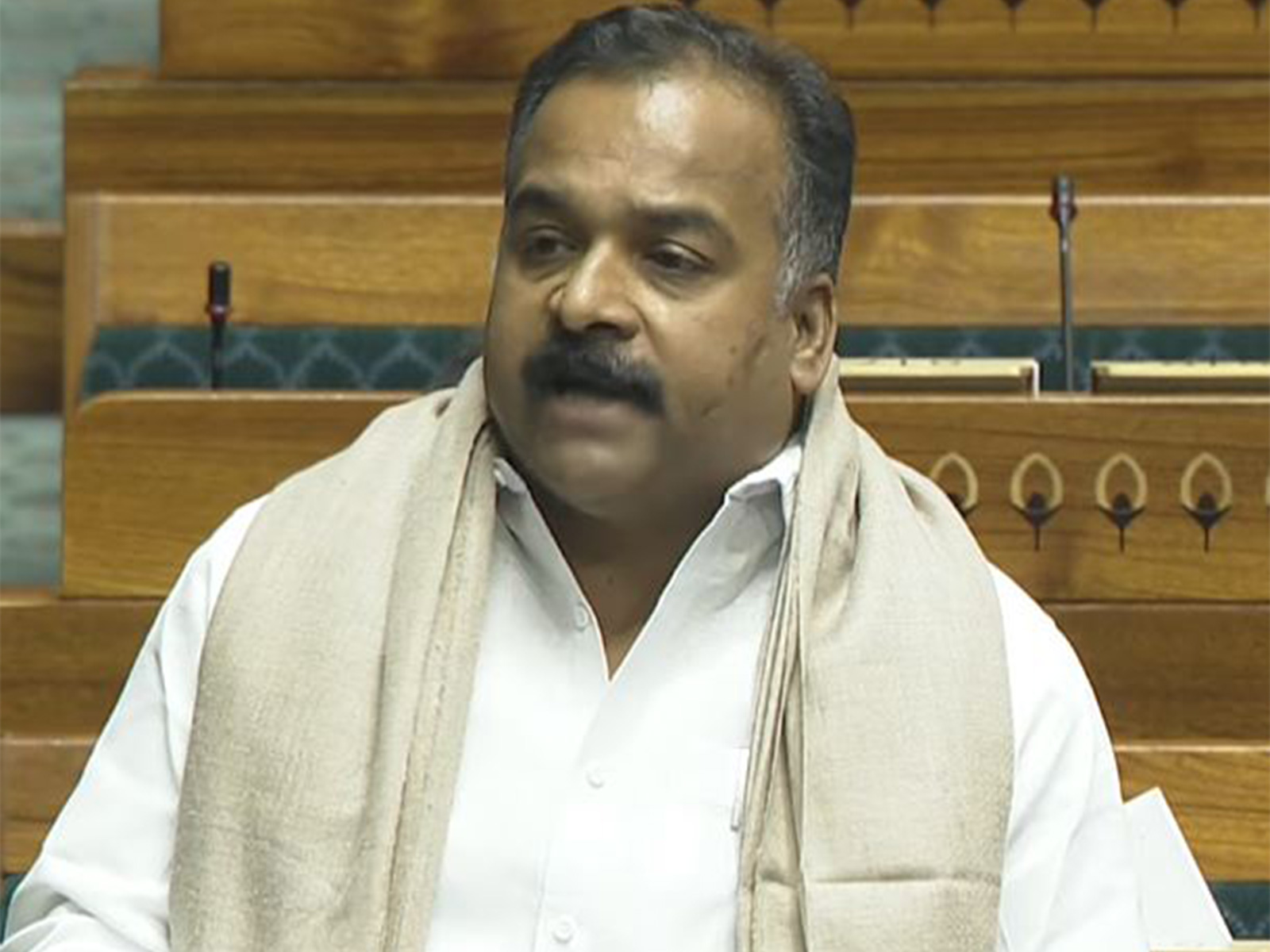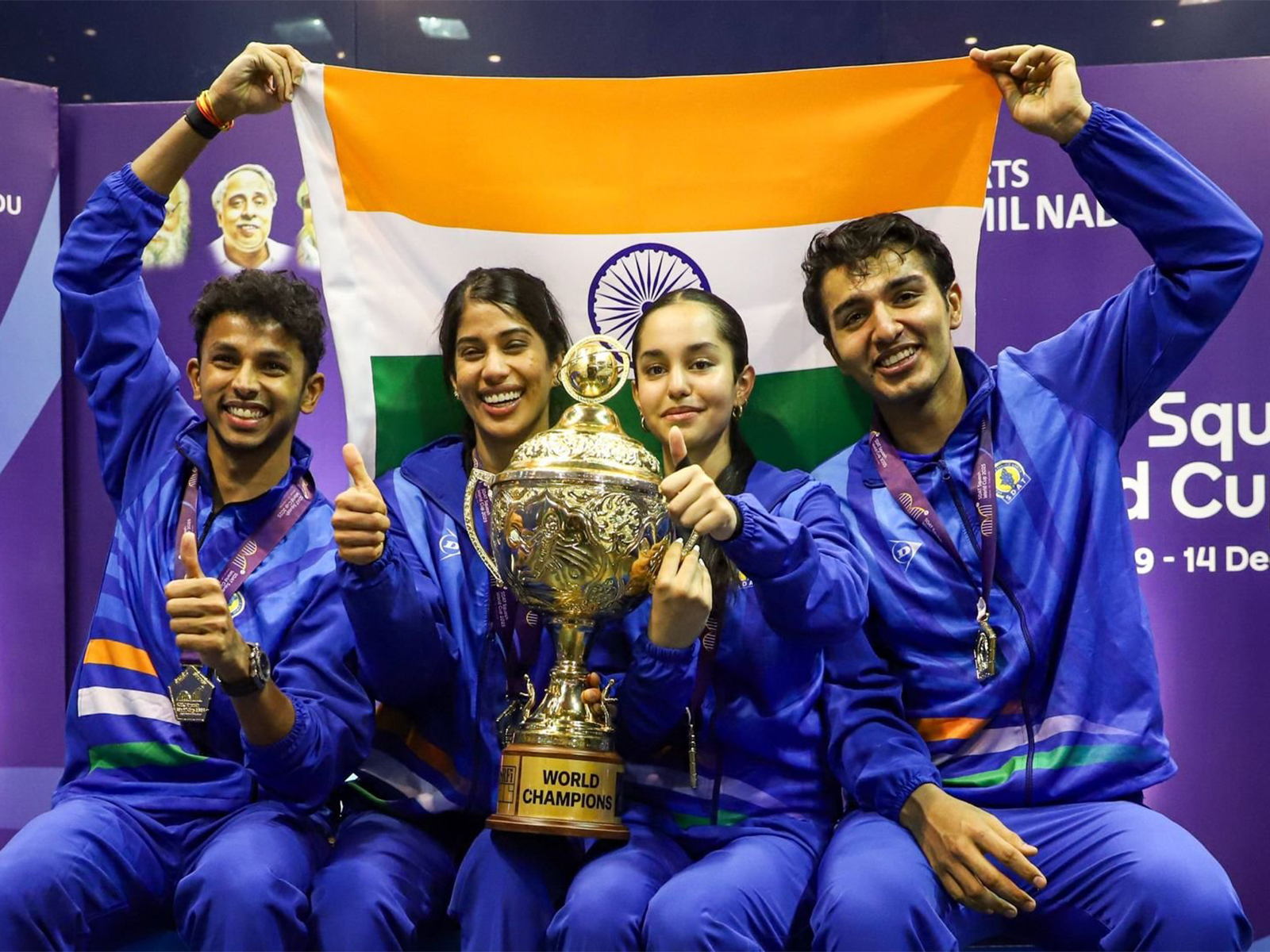" A girl can decide for herself if she wants to wear the Hijab" says former JNU student leader Shehla Rashid
Nov 16, 2023

New Delhi [India], November 16 : Former Jawaharlal Nehru University Student leader Shehla Rashid has spoken out for the rights of women to choose if they want to wear the Hijab or not.
Speaking in an ANI Podcast with Smita Prakash, the former student leader says she used to wear the Hijab when she was younger and the choice of wearing the Hijab must be left to the individual
"I'll tell you my personal view because I wore the hijab in 12th class and I was reading a lot of Islamic literature at that time and I went very deep into it and I realised that I should do this. But after a while, I gave it up on my own. I'll come straight to the hijab ban and why I was supporting a girls right to wear the Hijab. For many girls, it is a passport to get out of home. As girls, we are given certain perceptions that boys do not get. So for many girls, if you tell them not to wear hijab, it's not idealistic, as they may be told, we are sorry you cannot go to school anymore. So for many girls, it might actually be the first step towards freedom" she said.
"It's not just that the hijab is forced on the girls. She's also an individual; she's also a member of the community and can decide for herself what she wants tomorrow if she decides she doesn't want to wear the hijab then that is fair enough" she added.
Speaking on the controversy that was triggered after former BJP spokesperson Nupur Sharma's TV debate, Shehla Rashid said that there was a place for Faith and a place for science.
"I'll be honest with you I don't know exactly what she said but I saw things on TV Of course, it was all over the TV What I feel and what I've realised is that, as a rational person who also does not identify as an atheist. I feel that there is a place for Faith and there is a place for science" she said.
Shehla Rashid had been thrust into the limelight in 2016 when she led the protest on the arrest of then JNU student leader Kanhaiya Kumar and others. The JNU student leaders were arrested in connection with shouting alleged anti-national slogans at a march marked to protest the execution of Parliament Attack accused Afzal Guru.
In the Podcast with ANI, Shehla for the first time opened up about those protests saying that as the voice of the student community she had tried to steer the narrative in an effective way.
" You have to understand that I as a union representative represent all the sections of the University, so I think I took a very measured approach. I had to balance out things. I had to also fight back against you know the narrative that was being pushed that, you know a a lot of like perverted kind of things were said about the university. I had to battle that and at the same time I had to ensure that I'm not taking a position that everybody in the University does not agree with because that that was a moment where where I became the spokesperson of the University at the national level, so I did not want to say any such thing that you know everybody in the university did not agree with" she said
"So we even engaged with the right-wing, we even gave space to the right-wing to speak at those protests because we are not a party unlike you know the say for example the faction that organized the original protest they were a party they are not bound to give everybody representation but we as a union we are bound to give everybody representation and I made sure that I steered the Narrative very effectively and you know without causing further chaos at that point because there are kids there are poor kids who study in the University" she further added.
Shehla Rashid revealed that at that time the forum that she represented had been against the death penalty for Afzal Guru as well as backed the cause of self-determination for Kashmir.
"There are people there, student groups who oppose the death penalty per se. So for example my student group and the people who organized that event for example they also supported people's right to self-determination. Let's just say there were different motivations for different people and there are different narratives. I mean, I was a union representative and one thing that you do as an elected representative is you have to be very conscious of the fact that you do not just represent your party. Yes, my party's position was anti-death penalty, I sort of endorsed that position. At the same time, you are representing an entire University and not everyone in the University agrees with self-determination many people will say that no nothing doing in Kashmir is part of India right. So I was representing everybody even though you know my supporters voted for me" Shehla Rashid said about the pro-Afzal protests that had occurred in 2016 in JNU" she said
"Of course there was that element of people who did believe that for electoral gains he (Afzal Guru) was hurriedly executed you know while people who had been sentenced before him had not. Manmohan Singh government was in power, they had to face elections and you know they took a political decision to hang him. That was the general feeling in Kashmir" she added.
Shehla Rashid says that in general the student population at the time had taken an anti-death penalty position.
"What happens in JNU is that overall, all the student groups in JNU, baring say the NSUI ABVP, will take an anti-death penalty position in general and it is this sort of global narrative of abolition of death penalty. Earlier we used to have the death penalty when we didn't have the prison system so people would be guillotined or they would be hanged publicly. But once the prison system developed, there's a difference between a retributive system of justice and a restorative system of justice. So what people in JNU and people generally on the left of the spectrum all over the world advocate is a reformative or restorative system" she said.


















